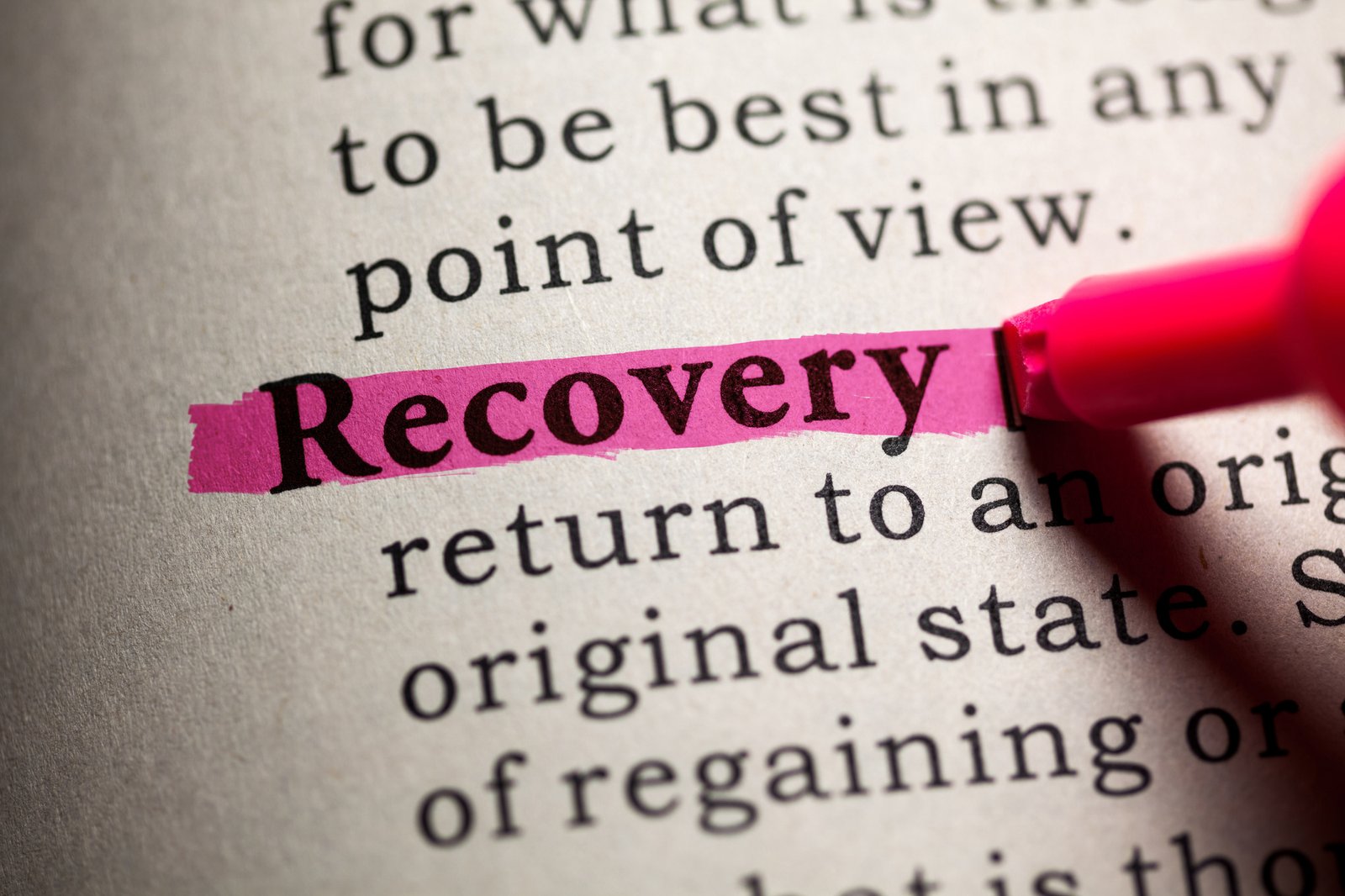What to Include in Your Addiction Recovery Plan
Are you among the millions striving to overcome addiction? This can often feel like an uphill battle, filled with unforeseen challenges and setbacks. However, creating a structured addiction recovery plan can guide you toward achieving your recovery goals and improving your quality of life.
In this article, we’ll dissect the vital components of an addiction recovery plan, provide comparative insights on drug and alcohol recovery, and help you select the best rehab program. Your journey towards recovery can start today, all you need is the right plan.
Understanding Addiction Recovery
Tackling the concept of addiction recovery requires a comprehensive view. It’s a process that goes beyond mere abstinence from drugs or alcohol. It encompasses a shift in:
- Lifestyle
- Behavioral changes
- Improving personal well-being
The Nature of Addiction
Addiction isn’t a sign of weak character or lack of willpower. It’s a complex brain disease that affects a person’s ability to:
- Make decisions
- Exercise self-control
- Respond to stressful situations
It’s a condition that requires professional help, and trying to tackle it alone can be risky and less effective.
The Journey to Recovery
Addiction recovery, on the other hand, is a lifelong journey that involves much more than just staying clean. It’s about:
- Learning and practicing healthy habits
- Developing new coping mechanisms
- Rebuilding relationships that might have been strained due to addiction
The recovery process is unique to each individual. Some people may find certain strategies more helpful than others. It’s about finding what works best for the individual and applying those strategies consistently to maintain sobriety.
The Role of Rehabilitation
Addiction rehab plays a pivotal role in this journey. It provides the professional help needed to overcome addiction. It offers a structured environment where individuals can focus on their recovery, learn healthy habits, and acquire the skills they need to maintain long-term sobriety.
The Components of an Effective Addiction Recovery Plan
An effective recovery plan is like a personal roadmap that guides an individual through the process of overcoming addiction. It includes specific, measurable goals, strategies to achieve those goals, and a network of supportive individuals.
Setting Realistic Goals
The first step in creating an addiction recovery plan is setting realistic goals. These should be clear, achievable, and measurable.
Having a goal, like maintaining sobriety for a specific period, gives you a tangible target to work towards. It also provides a sense of purpose and direction.
Setting smaller goals along the way to your larger goals can also be helpful. This could include things like:
- Attending a certain number of therapy sessions each week; or
- Engaging in healthy activities regularly
Achieving these smaller goals can provide a sense of accomplishment and motivation to keep pushing forward.
Incorporating Healthy Habits
The second component of an effective recovery plan involves incorporating healthy habits into your daily routine. These can be as simple as:
- Eating a balanced diet
- Getting regular exercise
- Ensuring you get enough sleep
These habits can help to repair the physical damage caused by substance abuse and promote overall well-being. Part of this also involves developing coping mechanisms for stress, which is often a trigger for substance abuse. Certain techniques can be particularly helpful in managing stress levels and maintaining focus on your recovery goals.
These include:
- Meditation
- Yoga
- Other mindfulness practices
Creating a Support Network
Finally, building a strong support network is a crucial part of any addiction recovery plan. This network should include individuals who understand your journey and are willing to provide emotional support and encouragement. This could include:
- Friends
- Family members
- Therapy groups
- Others who have experienced similar struggles with addiction
In the support network, each individual plays a critical role. Family and friends provide emotional support, therapists or counselors offer professional guidance, and peers in recovery can offer a unique perspective based on their own experiences.
Drug Recovery and Alcohol Recovery: A Comparative Approach
Overcoming addiction, whether to drugs or alcohol, is a difficult journey. Both drug recovery and alcohol recovery share many similarities, but there are also significant differences to consider. Recognizing these differences and how they affect the recovery process is key to creating a more personalized, effective recovery plan.
Unique Challenges of Drug and Alcohol Recovery
Drug recovery often involves dealing with a wide variety of substances, from prescription medications to illegal drugs. The effects of these substances on the body and brain vary significantly. This means that the withdrawal symptoms and recovery path can be very different depending on the substance involved.
For example, opioids can cause severe physical withdrawal symptoms, like pain and flu-like symptoms. This can make the detox process particularly challenging. Stimulants, like cocaine, might not lead to as many physical symptoms, but they can cause strong psychological cravings.
Alcohol recovery, on the other hand, presents its own unique set of challenges. Unlike many drugs, alcohol is legal and widely accepted in society, which can make avoiding it difficult.
The withdrawal symptoms from alcohol can also be severe. In some cases, they can even be life-threatening and require medical supervision during the detox phase.
Shared Elements in the Recovery Process
Despite the unique challenges each presents, drug recovery and alcohol recovery have many shared elements. Both require:
- A commitment to change
- A strong support network
- Effective coping strategies
Regardless of the substance, the first step is always the decision to make a change. This involves recognizing the impact of substance abuse on one’s life and committing to recovery.
Another shared element is the importance of a support network. Friends, family, and recovery groups are invaluable in providing the emotional support necessary to maintain motivation and handle setbacks.
Coping strategies, like stress management techniques, are also critical in both types of recovery. They provide the tools necessary to handle triggers and prevent relapse.
Addiction Rehab: Choosing the Right Program
Selecting the right addiction rehab program is a crucial step in the recovery journey. With so many options available, it can feel overwhelming. But, understanding the types of programs and what to consider when choosing a rehab can make the process more manageable.
Types of Rehab Programs
There are several types of addiction rehab programs to choose from, each with its own benefits. Outpatient programs allow individuals to live at home while attending treatment sessions. This can be beneficial for those who need to maintain work or family responsibilities while in recovery.
In contrast, residential or inpatient programs provide a structured environment away from the usual triggers. These programs can offer intensive care and support. This is often helpful for those with severe addictions or co-occurring mental health conditions.
Other options include partial hospitalization programs and sober living houses. These offer a middle ground. They provide a high level of care while allowing for more freedom than inpatient programs.
What to Consider When Choosing a Rehab
When selecting an addiction rehab program, it’s important to consider several factors. Firstly, look at the type of treatments offered. These should include a combination of:
- Medical detox
- Therapy
- Aftercare planning
Secondly, consider the level of personalization in the program. Effective treatment plans are tailored to the individual’s needs, taking into account factors like:
- The type of substance
- The severity of addiction
- Any mental health conditions
Lastly, consider the program’s success rate and reputation. This information can be found through online reviews and testimonials or by speaking with alumni of the program.
Finding the Best Rehab in California
When it comes to overcoming addiction, finding the right rehab facility plays a significant role. California, with its diverse range of rehab facilities, offers myriad options to choose from. However, determining the best rehab in California for your specific needs involves considering several factors.
Accreditation and Licensing
Ensure the rehab facility is accredited by recognized health organizations and holds the necessary licenses. Accreditation and licensing demonstrate the center’s commitment to maintaining high standards of care and service.
Treatment Options
Look at the different treatment options the rehab facility offers. The best rehab should provide a variety of treatments and therapies to accommodate different needs. This may include:
- Detoxification
- Individual and group therapies
- Family counseling
- Aftercare services
Staff Qualifications
The qualifications and experience of the staff are important. A team of qualified professionals can provide the support and care necessary during the recovery process. These include:
- Therapists
- Counselors
- Medical personnel
Customized Care
Check whether the facility offers individualized treatment plans. Each persons journey to recovery is unique, and the treatment should reflect that. Customized care considers:
- The individual’s specific needs
- Their preferences
- The circumstances for a more effective recovery
Aftercare Support
Aftercare support is vital in maintaining long-term sobriety. The rehab center should provide aftercare services to assist individuals in integrating back into everyday life after treatment. This may include:
- Follow-up sessions
- Peer support groups
- Continued therapy
Building Your Recovery Plan
The path to sobriety may seem daunting, but with an effective addiction recovery plan, it is entirely achievable. Remember, the strength of your recovery plan lies in its adaptability to your unique needs and challenges. Seek professional help if needed and take it one day at a time.
Begin your journey by choosing the right rehab program and developing a plan that suits your needs. Want to explore more about recovery and healthy living? Discover more in our Lifestyle section.




